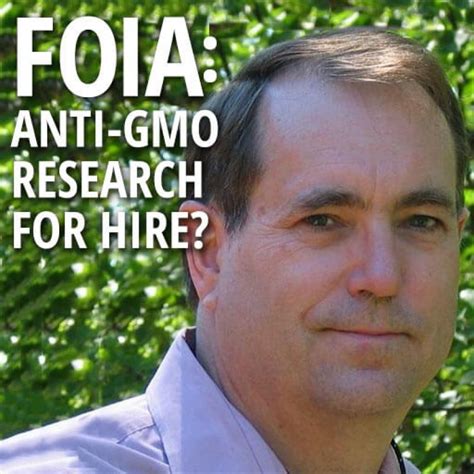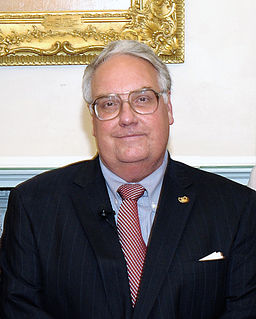A Quote by Wes Jackson
The farmer and the farm, like "the environment," are looked upon, for example, as means to offset trade deficits. The farm is a place where we can externalize costs. The cost of pesticides to the farmer and the cost of the pesticides to the soil and groundwater are regarded similarly by the public: "a serious problem that something ought to be done about." But the problem is more fundamental than this glib statement would indicate, for soil pollution is an expense of production. So are pesticides and nitrates in our farm wells. So is the loss of farmers from the land.
Quote Topics
About
Cost
Costs
Deficits
Done
Environment
Example
Expense
Farm
Farmer
Farmers
For Example
Fundamental
Groundwater
Indicate
Land
Like
Looked
Loss
Means
More
Offset
Ought
Our
Pesticides
Place
Pollution
Problem
Production
Public
Regarded
Serious
Similarly
Soil
Something
Statement
Than
Trade
Trade Deficit
Wells
Would
Related Quotes
What, then, is the effect of pesticides? Pesticides have created a legacy of pain, and misery, and death for farm workers and consumers alike. The crop which poses the greatest danger, and the focus of our struggle, is the table grape crop. These pesticides soak the fields. Drift with the wind, pollute the water, and are eaten by unwitting consumers. These poisons are designed to kill, and pose a very real threat to consumers and farm workers alike.
A farm includes the passion of the farmer's heart, the interest of the farm's customers, the biological activity in the soil, the pleasantness of the air about the farm -- it's everything touching, emanating from, and supplying that piece of landscape. A farm is virtually a living organism. The tragedy of our time is that cultural philosophies and market realities are squeezing life's vitality out of most farms. And that is why the average farmer is now 60 years old. Serfdom just doesn't attract the best and brightest.
When we mistake what we can know for all there is to know, a healthy appreciation of one's ignorance in the face of a mystery like soil fertility gives way to the hubris that we can treat nature as a machine. Once that leap has been made, one input follows another, so that when the synthetic nitrogen fed to plants makes them more attractive to insects and vulnerable to disease, as we have discovered, the farmer turns to chemical pesticides to fix his broken machine.
A farm regulated to production of raw commodities is not a farm at all. It is a temporary blip until the land is used up, the water polluted, the neighbors nauseated, and the air unbreathable. The farmhouse, the concrete, the machinery, and outbuildings become relics of a bygone vibrancy when another family farm moves to the city financial centers for relief.




























